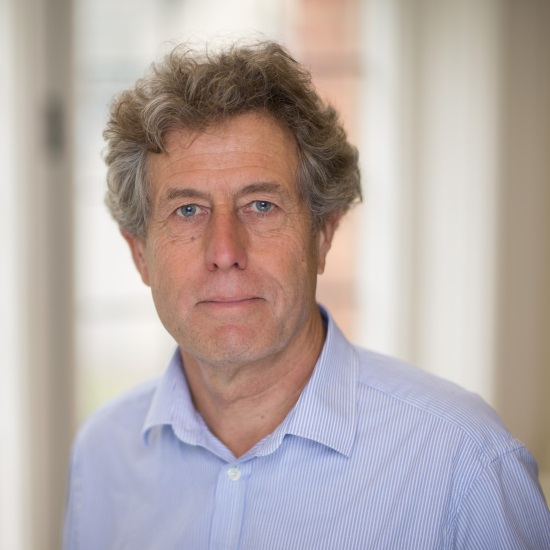Paul is currently Chief Executive of the Institute of Physics. Paul is also Chairman of Sense about Science, a charity that campaigns for better reporting of science in the media, a Board member of the Science Council, a federal body representing the profession of science in the UK, and a Visiting Professor in the School of Mathematical and Physical Sciences at the University of Reading.
Paul is a mathematician by background whose early research work focused on modelling and instrument studies in radio propagation, working with organisations such as British Telecom, the European Space Agency and the Rutherford-Appleton Labs. He later moved to the Met Office where he spent 14 years in a variety of roles including heading up an international consultancy on hydrometeorology, and the Remote Sensing and Observations Branches. He then became Programme Director for the Met Office's Development Programmes and latterly the Met Office’s Chief Advisor to Government, providing support to the Government in areas such as climate change policy and the civil contingency programme.
Following his time at the Met Office, and before taking over at the Institute of Physics, Paul was the Chief Executive of the Royal Meteorological Society (the Learned and Professional Society for weather and climate). Whilst in that role he was a member of the Science Steering Group for the UK’s Joint Weather and Climate Research Programme and the Advisory Board for e-Research South. He was also a member of the Standards Quality Council for the qualifications awarding body PAA\VQSET.
Paul has led the UK delegation to several UN and EU technical committees on meteorology, he has been a member of the Physics Advisor Panel at the University of Wales, one of the Government’s Science and Society Champions, Chairman of one of the UK’s national e-Science projects, and the founding editor of the international journal Atmospheric Science Letters (ASL). Paul has also been the Interim General Manager for EcoConnect, a joint-venture between the UK and New Zealand Governments to provide environmental services across the globe, and for 3 years, a Non-Executive Director and Chief Scientist of a City company working in risk management. He was the Chairman of the UK Research Council’s programme on the Flood Risk from Extreme Events (FREE) and for eleven years, until 2009, held a visiting professorship at the University of Salford. For five years Paul was also a Non-Executive Director and latterly Deputy Chair of the Board of NHS Berkshire West, one of the UK’s regional Primary Care Trusts.


